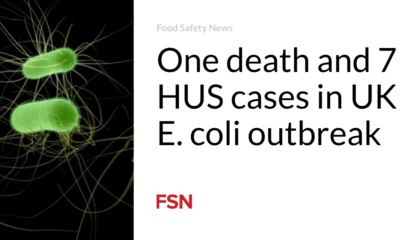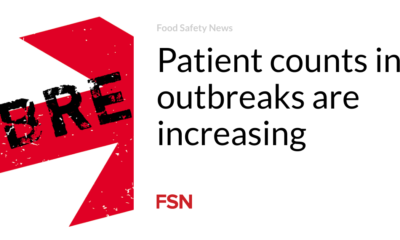Business
The number of cases of leptospirosis has increased in the past month – DoH

The Department of Health (DoH) on June 27 reported an increase in the weekly number of leptospirosis cases in the Philippines. With the exception of the Zamboanga Peninsula and Northern Mindanao, all regions saw an increase in leptospirosis cases over the past month.
From June 2 to June 15, 83 cases were observed, compared to the 60 recorded between May 19 and June 1.
Eighty-four deaths from the disease have been recorded since June 15.
“Umiwas lumusong o maglaro sa baha para wag ma-Lepto. Kung hindi maiwasan ang paglusong, gumamit ng bota, en hug en katawan ng malinis na tubig en sabon pagkatapos. Kumonsulta is a doctor, mahirap na (Avoid wading in floods to prevent leptospirosis. Those who have to wade in floods should wear boots and then wash their bodies with soap and water. If exposed to floods, consult a doctor),” Secretary of Health Teodoro J. Herbosa said in a June 27 press statement.

Leptospirosis is a bacterial infection transmitted by animals, including rodents and other pests.
This zoonotic disease affects both animals and humans and is caused by the Leptospira bacteria found in contaminated water or soil. Leptospira bacteria can enter the body through breaks in the skin or through the eyes, nose and mouth. Infected animal urine can mix with floodwaters, which then come into contact with people who wade through or play in them.
It takes 2 to 30 days to become ill after contact with the Leptospira bacteria.
The symptoms of leptospirosis include:
- fever
- vomit
- nausea
- muscle strain
- headache
In severe cases, jaundice (yellowish discoloration of the body), dark-colored urine, light-colored stools, low urine output, and severe headaches may occur.
When left untreated in humans, leptospirosis can lead to kidney damage, meningitis (inflammation of the membrane surrounding the brain and spinal cord), liver failure, breathing difficulties, and death.
“We also urge our local governments to unclog flood drains and implement rodent control so that there are fewer chances of transmission to humans,” Mr Herbosa said.











